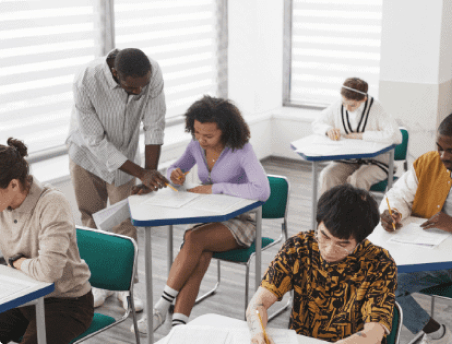
The Effect of Learning-Centered Leadership and Teacher Trust on Teacher Professional Learning
As Canada continues to work towards reconciliation with Indigenous communities, the authors of this article invite non-Indigenous educators to engage with Indigenous pedagogies as a means to decolonize educational institutions. The purpose of this study was to highlight the value of Indigenous frameworks in effective teaching practices and methods. More specifically, this article focuses on […]
23 Jun 2024

